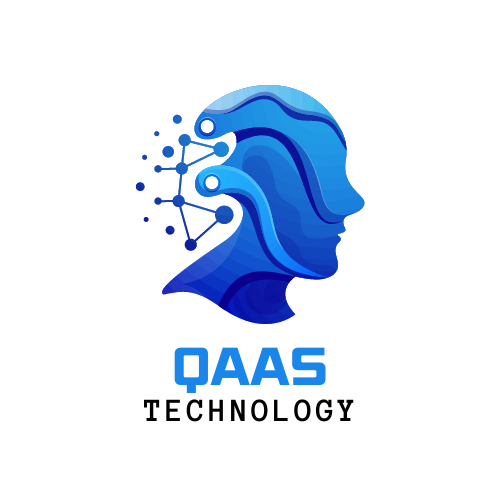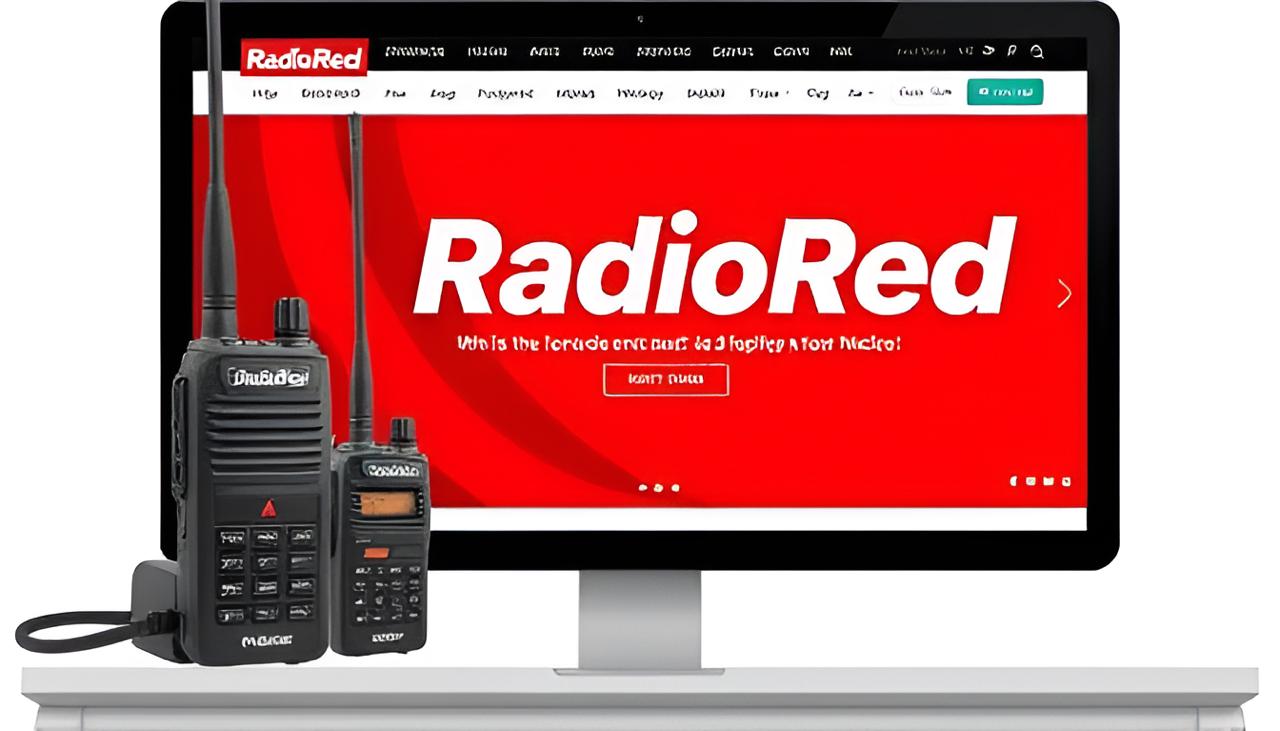Introduction
In the state-of-the-art globalized and pretty interconnected marketplace, the rise of counterfeit items gives a huge undertaking. From luxurious style to pharmaceuticals, counterfeiting impacts a huge sort of industries, maximum vital to economic losses, compromised brand integrity, and capability risks to purchaser fitness and safety. In response, anti-counterfeiting technology companies have emerged as essential gamers, offering modern solutions to fight this pervasive problem.
The Growing Threat of Counterfeiting
Falsifying isn’t generally the most straightforward difficulty for extreme end extravagance brands; it has invaded pretty much every region, including hardware, vehicle added substances, food, and refreshments. The size of this unlawful premium is enormous, with the Association for Financial Co-activity and Advancement (OECD) assessing that fake and pilfered objects represent up to three. Three% of world change. The presentation of e-substitute and overall inventory chains has made it a ton considerably less intense for forgers to disseminate counterfeit products, regularly making them extreme to recognize genuine things.
The Role of Anti-Counterfeiting Technology Companies
Anti-counterfeiting era businesses play a vital function in supporting organizations guarding their merchandise and customers. These corporations provide various solutions, from bodily authentication abilities to digital verification systems, tailor-made to numerous industries’ specific dreams.
The following are a number of the number one technology used:
Holograms and Security Labels: Traditional however powerful, those abilities use intricate designs and materials which are tough to duplicate. Holograms can encompass a couple of layers, shade-moving elements, and micro text to provide visible and covert protection abilities.
RFID and NFC Labels:
Radio Recurrence Distinguishing proof (RFID) and Close to Handle Correspondence (NFC) labels are implanted in items or bundling, remembering genuine time checking and verification. These tags can maintain information that can be studied by the usage of scanners or smartphones, providing without delay verification of a product’s authenticity.
Blockchain Technology:
Blockchain offers a decentralized and immutable ledger device, it is increasingly getting used to confirm the authenticity of goods. Each step in a product’s journey, from manufacturing to sale, is recorded at the blockchain, presenting apparent and tamper-evidence statistics.
Digital Watermarking and Serialization:
These strategies incorporate encoding facts in digital or physical bureaucracy, along with particular serial numbers or QR codes. These codes can be scanned to verify product authenticity, regularly linking to an online database.
Chemical Markers and Forensic Techniques:
Advanced chemical markers, invisible to the bare eye, may be carried out to products or packaging. These markers are detectable fine with specialized tools, making them as an alternative strong in competition to counterfeiting.
Leading Companies in Anti-Counterfeiting Technology
Several companies are at the vanguard of developing and deploying those era:
SICPA: Specializing in ink-based solutions, SICPA gives safety inks and identification structures for governments and private industries. Their merchandise is widely applied in banknotes, passports, and product packaging.
Avery Dennison:
Known for its adhesive era, Avery Dennison moreover offers various RFID and NFC tagging answers. Their products are used during industries, from garb to prescribed drugs, providing delivery chain visibility and product authentication.
Entropy:
A pioneer in the use of artificial intelligence for authentication, Entropy offers solutions for verifying the authenticity of steeply-priced gadgets, together with purses and add-ons. Their technology uses a hand-held tool to capture microscopic snap shots, which might be then analyzed through AI algorithms.
Authentic: Authentic offers numerous anti-counterfeiting answers, together with chemical markers and virtual systems for product authentication. They work with industries alongside tobacco, gasoline, and prescribed drugs, presenting prevent-to-forestall safety.
Ever ledger:
This employer uses blockchain technology to create digital data of products, especially inside the diamond and luxury devices markets. By tracing the provenance of gadgets, Everledger saves you from fraud and ensures transparency.
The Future of Anti-Counterfeiting Technologies
As counterfeiters emerge as greater modern, the decision for the superior anti-counterfeiting era continues to boom. The integration of artificial intelligence, gadget mastering, and IoT (Internet of Things) devices is anticipated to in addition enhance the effectiveness of these solutions. For instance, AI can analyze patterns and stumble upon anomalies in actual-time, while IoT gadgets can offer non-forestall monitoring of goods all through the delivery chain.
Moreover,
Customer recognition is growing, with many seeking out strategies to verify the authenticity of merchandise earlier than buy. This shift is the usage of companies to spend money on consumer-fine verification strategies, which incorporates phone apps and interactive labels, which allow customers to with out problem check a product’s authenticity.
Conclusion
Anti-counterfeiting era businesses are crucial within the fight in opposition to counterfeit items. By leveraging various revolutionary solutions, those corporations help defend producers, make certain consumer protection, and keep the integrity of global markets. As the hazard of counterfeiting evolves, so too will the generation designed to fight it, making sure that valid companies and consumers stay one step ahead of counterfeiters.






